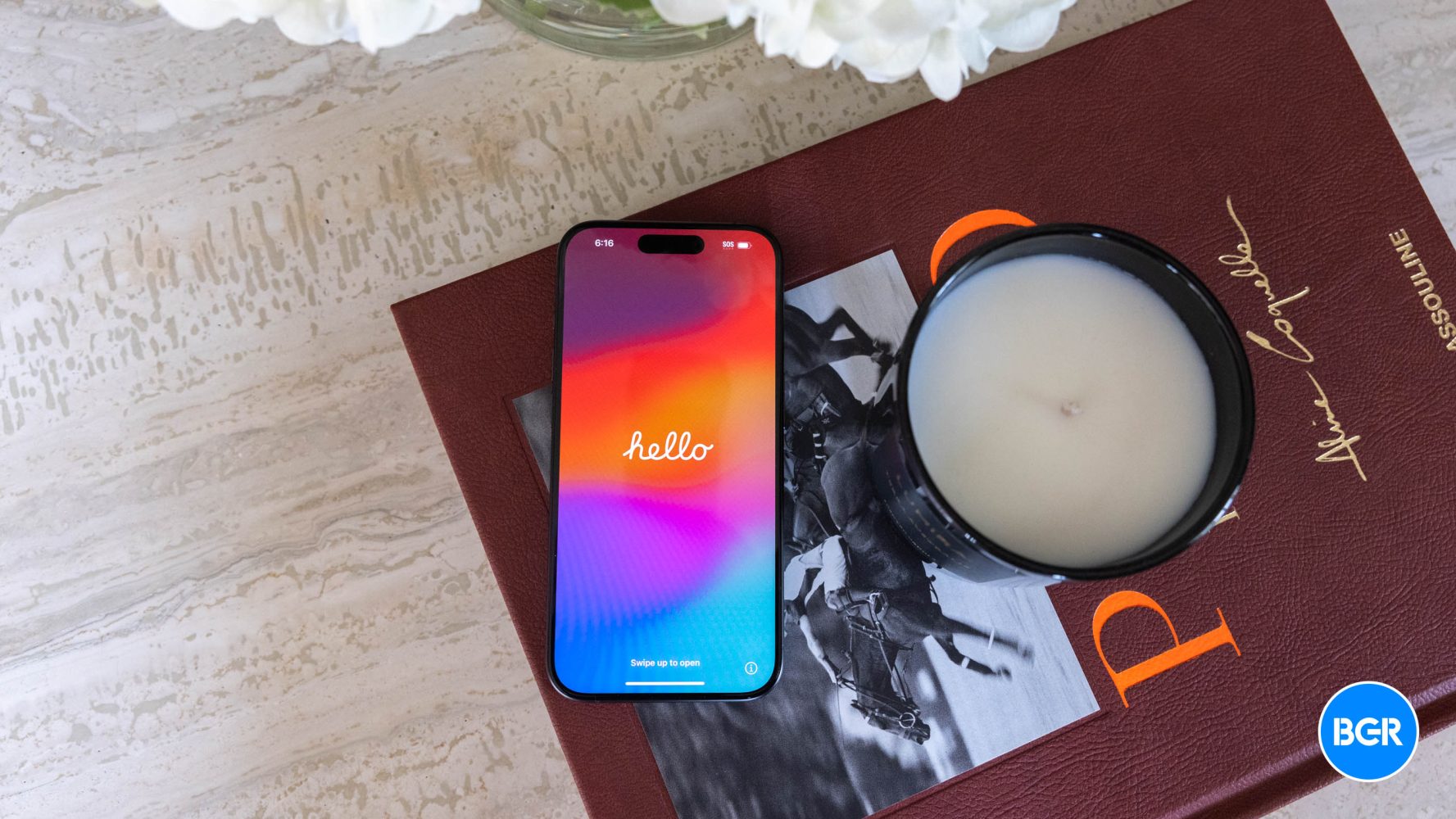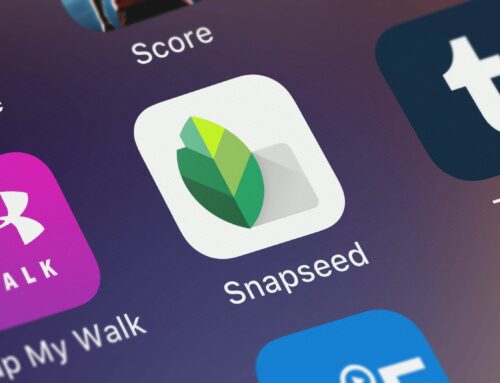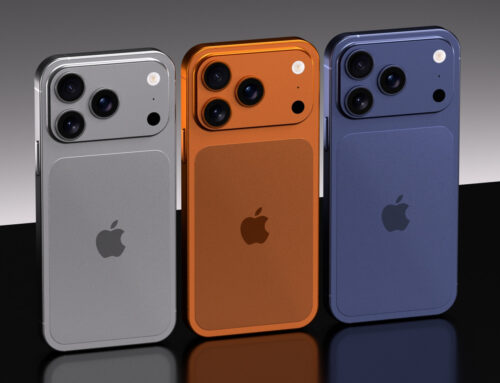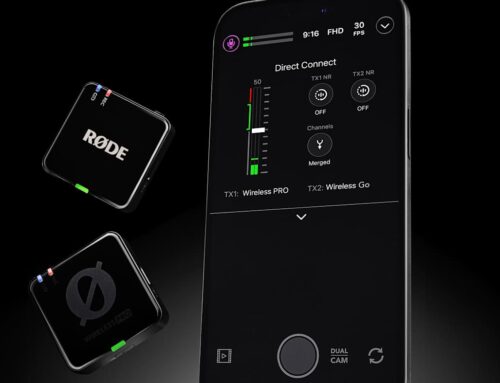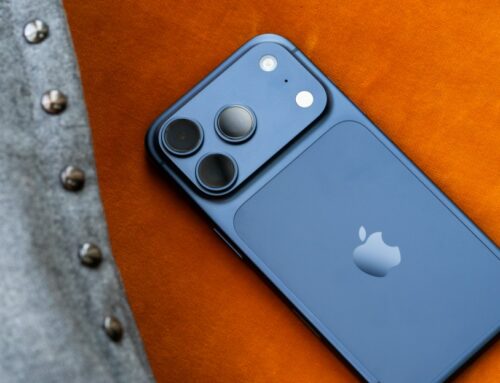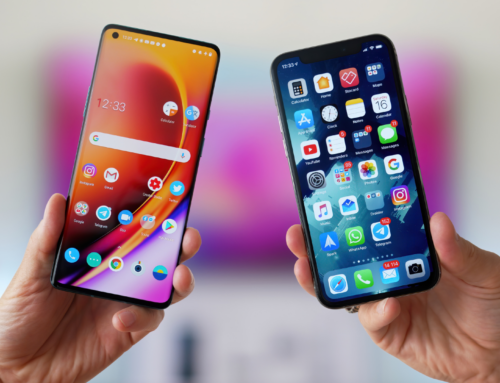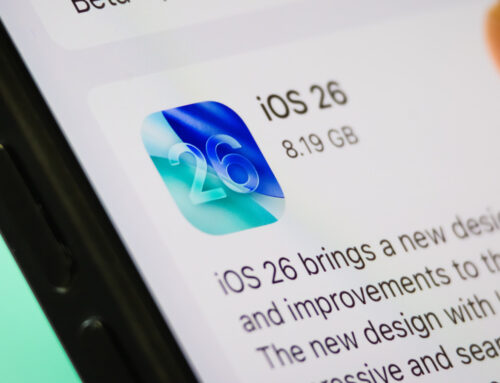A report on Monday said that Apple might partner with Google for the iPhone’s cloud-based AI features. But it’s not just Gemini that Apple reportedly considered for the cloud aspect of the iPhone’s generative AI features in iOS 18. ChatGPT might be in the cards, or a different large language model that’s superior to whatever Apple has been able to develop so far.
This made me realize that the Google AI feature I want the most on the iPhone is Circle to Search, which is available on the Galaxy S24 and Pixel 8. Circle to Search might be an even more important addition to the iPhone’s AI abilities than actual Gemini integration, at least to me.
The reason Circle to Search is so appealing is quite simple, actually. Most of our interactions with a computer, no matter what that computer looks like, involve online search. We type our queries relentlessly or speak them to our default search engine. In many cases, that’s Google Search.
With the dawn of genAI products, we might replace Google Search with ChatGPT, Copilot, or Gemini for some questions, but the process is similar. Those searches can involve copy-and-pasting text from one place to another, or uploading a photo to find similar results.
Tech. Entertainment. Science. Your inbox.
Sign up for the most interesting tech & entertainment news out there.
By signing up, I agree to the Terms of Use and have reviewed the Privacy Notice.
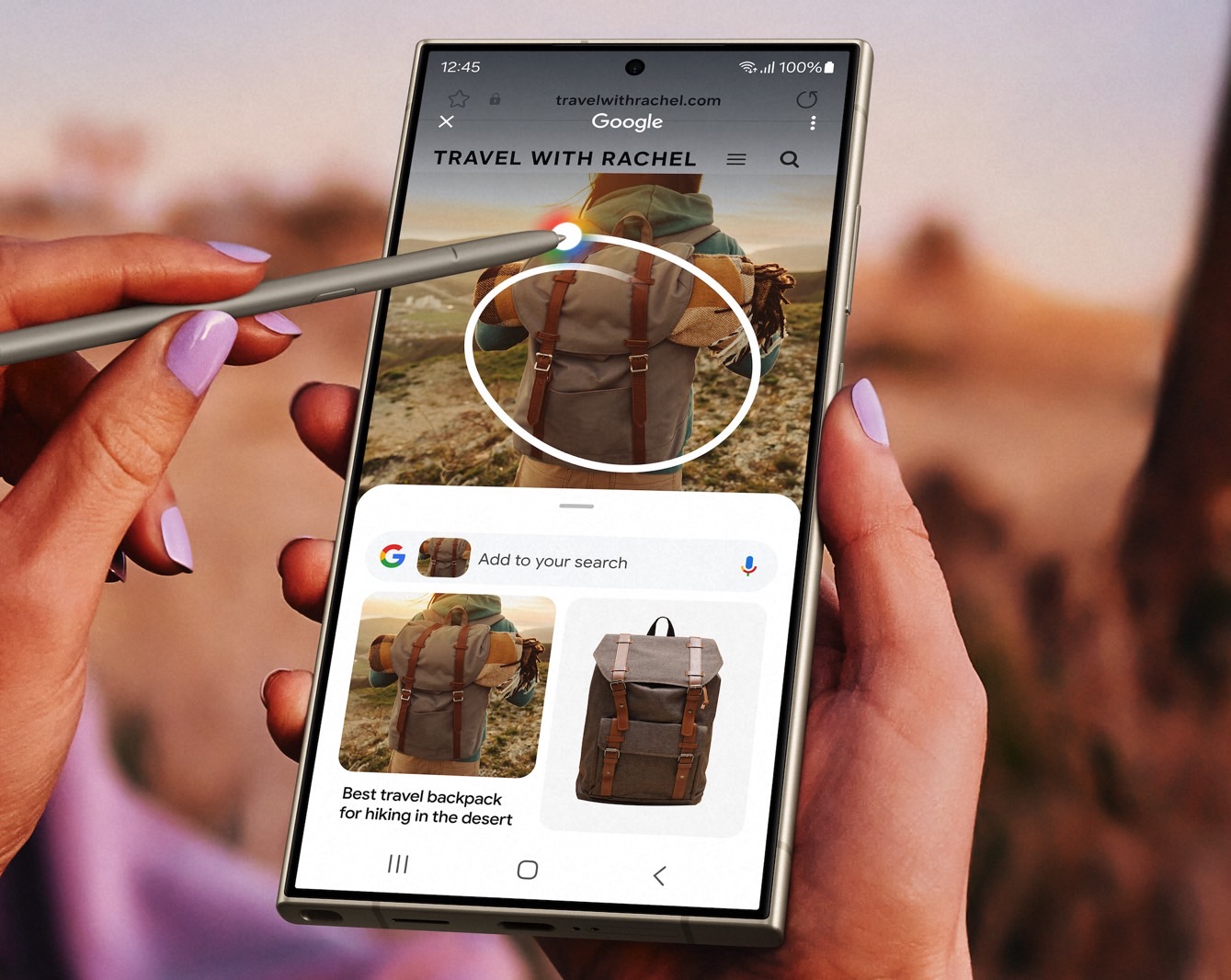
Circle to Search will streamline all the smartphone searches that include objects or text we see around us. Or on the smartphone itself. Maybe it’s an outfit in real life or a video. Or a menu item in a photo. Whatever it might be, you circle that element on the screen with your finger or S Pen on the Galaxy S24 Ultra and perform an immediate Google Search.
This could yield much faster results than opening an iPhone app like Safari or Google. Or using Spotlight to perform a search. Or asking Siri to search the web. And Circle to Search could make your iPhone feel faster, because you’d skip those steps. You get to those results more rapidly than before.
Whether Gemini powers Circle to Search, it doesn’t matter. It’s a feature I’d use more than a generative AI chatbot like Gemini or ChatGPT. That’s why a version of it, whether Apple’s own or a partnership with Google, would make sense. After all, Google is the default search engine on iPhone, and Circle to Search could be part of that.
There’s one other reason why having Gemini built into the iOS 18 experience isn’t as exciting to me, at least for now. I don’t appreciate Google’s privacy policy concerning Gemini user prompts. And I’d be waiting for Apple to clarify that before using it.
Yes, Google also collects search data from Circle to Search. But it’s different than collecting and storing entire discussions you might have with Gemini.

Still, even assuming that Apple figures out a way to reduce or even prevent data collection from user prompts on a Gemini-powered service, I’d use Circle to Search more often than talking to the chatbot. That’s because, again, I routinely perform searches related to things that happen in my life. Many of them are visual events, and Circle to Search would help me greatly.
Whereas the chats I’d have with the iPhone’s AI, whether it’s Apple GPT, Gemini, or ChatGPT, would be more deliberate actions centered around specific topics that could involve going back and forth with the AI. Or more reasoning.
When Google unveiled Circle to Search in January, I asked whether the feature would make it to the iPhone. I didn’t expect an actual timeline from Google, and I didn’t get one. But Google said it wants to eventually bring the feature to as many people as possible.
In light of the purported talks between Apple and Google licensing Gemini, I can’t help but wonder whether Circle to Search has a future on the iPhone. Or whether Apple will make its own Circle to Search feature.
Apple will unveil iOS 18 in June, at which point we’ll learn all or at least most of the AI features coming to the iPhone this year. Apple always keeps a few marquee features secret until it unveils its next-generation iPhones in September.

